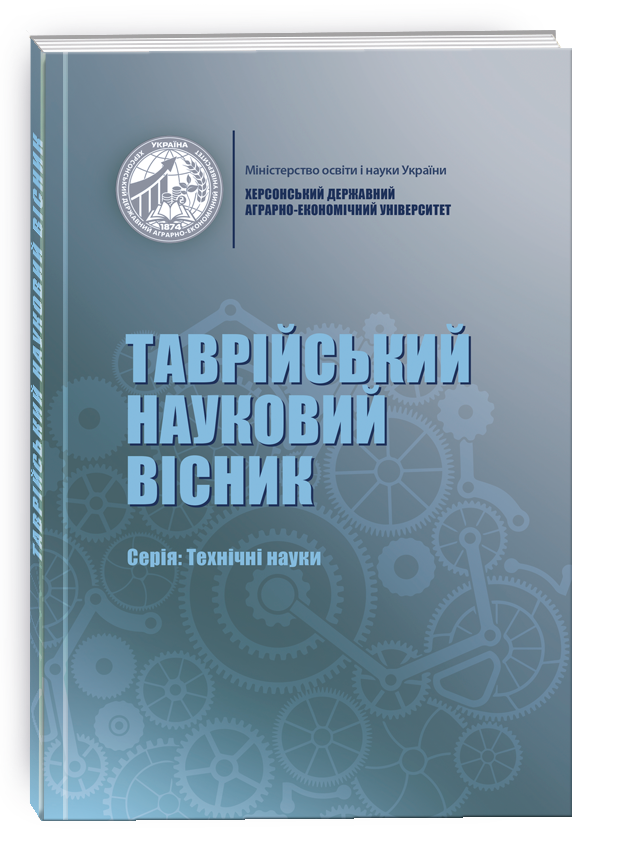DESIGN AND DEVELOPMENT OF A WEB SYSTEM FOR CREATING FRACTAL IMAGES
DOI:
https://doi.org/10.32782/tnv-tech.2024.4.6Keywords:
fractal structures, fractal models, algorithms, transformation, web system.Abstract
The article describes in detail the process of developing a web system for modeling and visualization of fractal images, based on modern mathematical models of fractal sets. The main goal of the research is to create a tool for interactive construction of fractals, which allows users to adjust model parameters, explore their properties and visualize the results in real time. As part of the work, several key tasks were solved. An analysis of theoretical models of fractal sets was performed, including the Mandelbrot set, the Barnsley fern, and the Koch curve. The main properties of these models, such as self-similarity, infinite detail and fractal dimension, which are defining for fractal objects, were studied. Special attention is paid to the study of algorithms that describe the process of constructing fractals. Several fractal structure modeling algorithms have been developed and implemented. Methods of iterative function of systems (IFS), as well as other approaches to the generation of fractal images, were used. The algorithms were tested for efficiency and stability, and their ability to generate fractals of varying degrees of complexity was investigated. Their computational efficiency and scalability for the construction of large structures were evaluated. A web system was created that integrates the developed modeling algorithms and provides users with a convenient interface for managing fractal parameters. The system allows you to change the types of fractals, adjust the number of iterations, scale, color schemes and other parameters that affect the construction and visualization of fractal structures. The web system has been tested on examples of various fractal structures such as the Mandelbrot set, the Barnsley fern and the Koch curve. A visual analysis of the obtained images was carried out, the accuracy and stability of the algorithms when changing the input data was checked. As a result of testing, the possibility of generating a wide range of fractal images was revealed, which confirms the efficiency and reliability of the developed system.
References
Mandelbrot B.B. The fractal geometry of nature / Revised and enlarged edition. New York. W.H. Freeman and Co. 1983. 495 p.
Barnsley M.F. Fractals everywhere. Academic press. 2014. 560 p.
Gleick, J. Chaos: Making a new science. Penguin. 2008. 384 p.
Xu C., Ke J., Peng Z., Fang W., Duan Y. Asymmetric Fractal Characteristics and Market Efficiency Analysis of Style Stock Indices. Entropy. 2022. 24(7):969. https://doi.org/10.3390/e24070969
Abdulgaffar Muhammad, John Nma Aliyu, Adedokun Lateef Adetunji, Anthony Kolade Adesugba, Micah Ezekiel Elton Mike, Mohammed Abdulmalik. Fractal Geometry in High-Frequency Trading: Modeling Market Microstructure and Price
Dynamics. Saudi J Econ Fin. 2023. 7(11): 484-488. DOI: https://doi.org/10.36348/sjef.2023.v07i11.002
Nutu C.S., Axinte T. Microelectronics and nanotechnology, and the fractal-like structure of information, knowledge, and science. In Advanced Topics in Optoelectronics, Microelectronics, and Nanotechnologies VIII. 2016. Vol. 10010 P. 394-402). SPIE. DOI:
https://doi.org/10.1117/12.2240114
Bukharov D.N., Arakelian S.M. Fractal model of “breakthrough” innovation in nanotechnology. In IOP Conference Series: Materials Science and Engineering. 2020. Vol. 896. No. 1. P. 012122. DOI: https://doi.org/10.1088/1757-899X/896/1/012122







